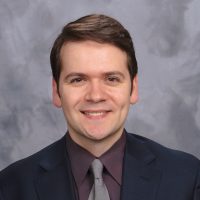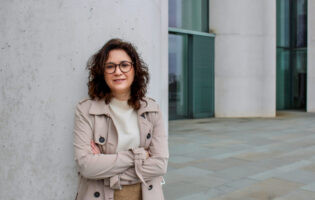A Most Valued Relationship?

Parke Nicholson
Parke Nicholson was previously the Senior Research Associate at AICGS. He was selected to participate in the Munich Young Leaders 2016 program at the 52nd Munich Security Conference. Previously, he worked at the Center for the National Interest and the Council on Foreign Relations. In 2008, he served on the foreign policy staff at Hillary Clinton’s presidential campaign headquarters. He has also worked abroad in Austria and Germany: in 2005 through the Fulbright Program in Klagenfurt and in 2010-2011 as a Robert Bosch Foundation Fellow working in the German Foreign Office for the Coordinator of Transatlantic Cooperation and for Daimler AG’s Political Intelligence unit in Stuttgart.
Parke has recently published in Foreign Affairs, The National Interest, The Baltimore Sun, and the Frankfurter Allgemeine Zeitung. He received his MA in International Relations from The Elliott School of International Affairs at The George Washington University and a BA in History and Violin Performance at The College of Wooster in Ohio.
In his essay for LSE IDEAS’ Special Report “New Challenges, New Voices: Next Generation Viewpoints on Transatlantic Relations,” AGI Senior Research Associate Parke Nicholson offers his views on the future of the transatlantic relationship.
Many fear the transatlantic partnership is drifting apart. Disputes over policy, privacy, and security make it seem like the community of common values has eroded. Populism in the United States and Europe has further unsettled the political landscape. However, the emergence of a more global, diverse generation is an opportunity for policymakers seeking to reframe and strengthen relations to confront common challenges. This chapter highlights several U.S. perspectives on politics and values with respect to transatlantic relations, focusing on two trends that will shape U.S. politics and relations with Europe in the coming decades – the attitudes of Millennials (Generation Y) and the U.S. debate about immigration and asylum.









